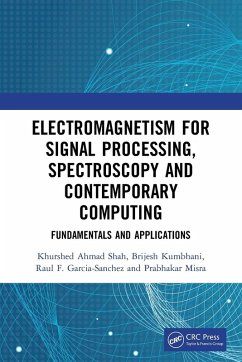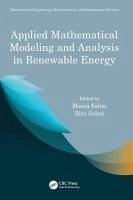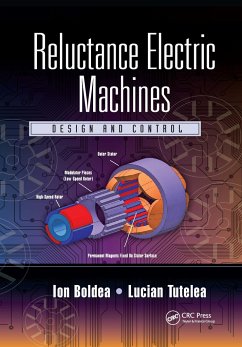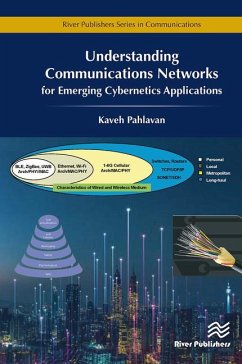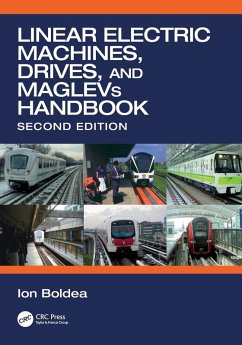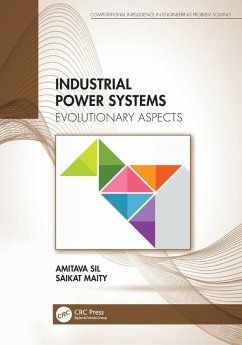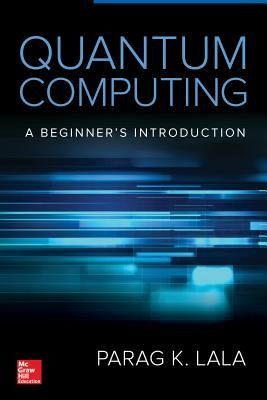
Quantum Computing
Versandkostenfrei!
Versandfertig in über 4 Wochen
55,99 €
inkl. MwSt.

PAYBACK Punkte
28 °P sammeln!
Publisher's Note: Products purchased from Third Party sellers are not guaranteed by the publisher for quality, authenticity, or access to any online entitlements included with the product. A self-contained, reader-friendly introduction to the principles and applications of quantum computing Especially valuable to those without a prior knowledge of quantum mechanics, this electrical engineering text presents the concepts and workings of quantum information processing systems in a clear, straightforward, and practical manner. The book is written in a style that helps readers who are not familiar...
Publisher's Note: Products purchased from Third Party sellers are not guaranteed by the publisher for quality, authenticity, or access to any online entitlements included with the product. A self-contained, reader-friendly introduction to the principles and applications of quantum computing Especially valuable to those without a prior knowledge of quantum mechanics, this electrical engineering text presents the concepts and workings of quantum information processing systems in a clear, straightforward, and practical manner. The book is written in a style that helps readers who are not familiar with non-classical information processing more easily grasp the essential concepts; only prior exposure to classical physics, basic digital design, and introductory linear algebra is assumed. >Quantum Computing: A Beginner's Introduction presents each topic in a tutorial style with examples, illustrations, and diagrams to clarify the material. Written by an experienced electrical engineering educator and author, this is a self-contained resource, with all the necessary pre-requisite material included within the text. >Coverage includes: >¿ Complex Numbers, Vector Space, and Dirac Notation ¿ Basics of Quantum Mechanics ¿ Matrices and Operators ¿ Boolean Algebra, Logic Gates and Quantum Information Processing ¿ Quantum Gates and Circuit ¿ Tensor Products, Superposition and Quantum Entanglement ¿ Teleportation and Superdense Coding ¿ Quantum Error Correction ¿ Quantum Algorithms ¿ Quantum Cryptography >



